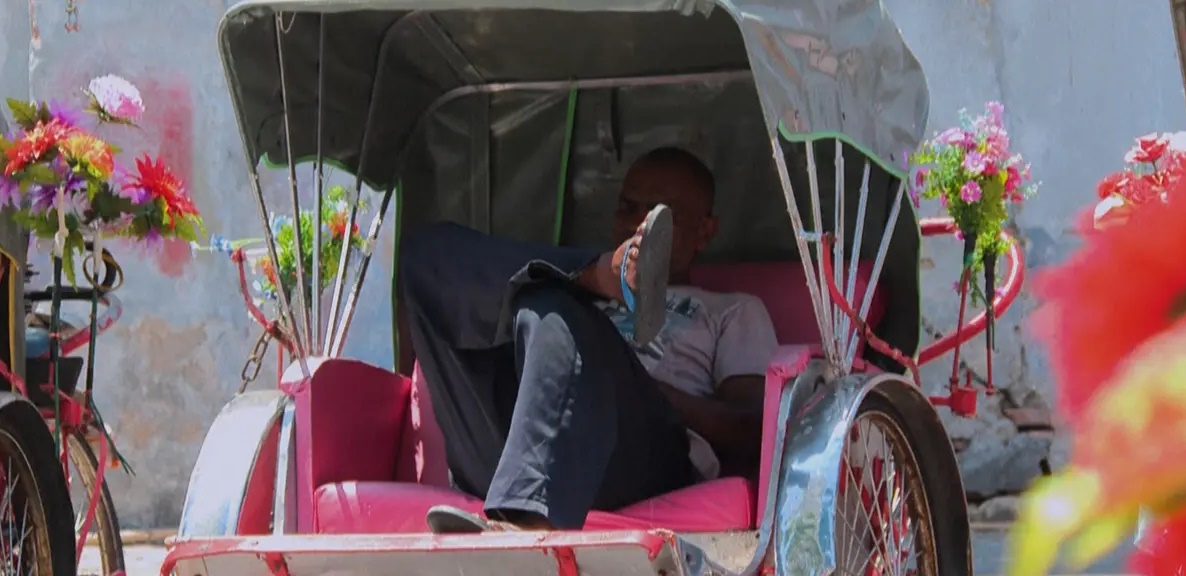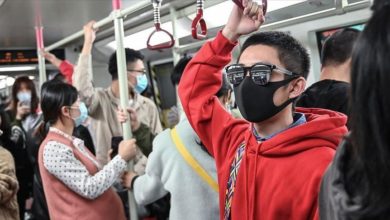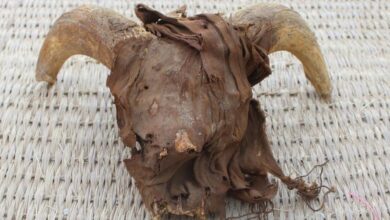Pedicab construction in Malaysia: The last rickshaws
Rickshaws are hardly ever used for transport in Malaysia - and the production of bicycle taxis has also become a rarity. A traditional craft is threatened with extinction.

Choo Yew Choon hammers, knocks and screws on the pedals and spokes of his nearly finished rickshaw. The vehicle has three wheels, is half bicycle, half carriage.
In Malaysia, where the 66-year-old Choo lives, the vehicle is better known as the “Beca” — and a tourist attraction in cities like Malacca. Often lavishly, colorfully and garishly decorated, with artificial flowers, stuffed animals and fairy lights.
Choo Yew Choon can only be recognized as a craftsman at second glance: by his oily fingertips. The man with the snow-white hair, his striped, grey-violet polo shirt and the matching dark gray Bermuda shorts is said to be the last Beca farmer in Penang. Penang is an island north of the Malaysian capital Kuala Lumpur. He wants to retire in four years. Then he will be 70 years old.
No more workshop in Kuala Lumpur
“When it comes to building new cycle rickshaws, I’m the last one,” he told the AFP news agency. “There are people who can fix it. Just making a new one is difficult.” And that takes time: If he works very quickly, he can build a Beca in around 20 days. It usually takes more than twice as long, around six weeks. He makes three to four a year and sells them for 7,500 ringgit each, around 1,500 euros. His workshop is crammed with tools and barely bigger than a garage.
In Kuala Lumpur, the art of beca building died out two years ago. In 2021, Benny Diong closed the doors of his workshop there forever. He was the last of his guild in Kuala Lumpur. The Diong family had been in this trade since before World War II. Benny ran the shop in the second generation. During the corona pandemic, he had to give up operations for economic reasons.
relic from another time
A development like everywhere else in the country: “The Beca architecture is slowly disappearing,” says Jeffrey Lim, cultural worker and photo artist from Kuala Lumpur. With economic and technical progress came cars, motorcycles and modern transport systems with freeways – and the decline of Beca production began.
“It’s been downhill since the 1970s,” says Jeff, as everyone calls him. Modern society and urban planning, urban life trimmed for efficiency no longer left any room for traditional means of transport. A huge loss, as Jeff thinks: “If we lose the art of building Beca, we lose a part of ourselves, a part of our cultural identity,” he is convinced.
Rickshaw construction as an art project
That’s why he went in search of the last remaining masters – and came across Benny Diong. “I had to find him to preserve his knowledge and skills,” Jeff explains his motivation. At that time he bought some of his old tools from Benny and asked him to show him how to build a Beca. “Learning by seeing” is the name of this traditional teaching method, says Jeff.
The encounter resulted in the art and culture project “Building the Beca”: “How to build a Beca”. Jeff and his team shot a film, conducted interviews and created technical drawings. The result is not only an exhibition but also an archive, compressed on a USB stick that Jeff makes available to libraries and museums.
Decoration for hotels and cafes
Meanwhile, Choo Yew Choon from Penang is still in business. He is already the fourth generation to build rickshaws – a family business for around 100 years. At the end of the 1980s he took over the business from his father after he had health problems.
Since the pedal taxis are hardly ever used to transport goods or people, Choo’s clients mainly buy the vehicles as decoration for hotels and cafés or as collector’s items. None of Choo’s children are interested in Beca construction. “They go to university, then they have a good job. Why come and continue then?” asks Choo.
Cultural artist Jeff from Kuala Lumpur understands that. And yet it hurts him. “We in Malaysia have so many old, unique crafts, but we just don’t appreciate them,” he says. “And at some point it will be too late.” But now he still has time, believes the 44-year-old, and keeps going. He still wants one last project: in Penang, with Choo. They know each other, have met a few times. Meanwhile, Beca farmer Choo is looking forward to his retirement – and doesn’t yet know anything about these plans.



